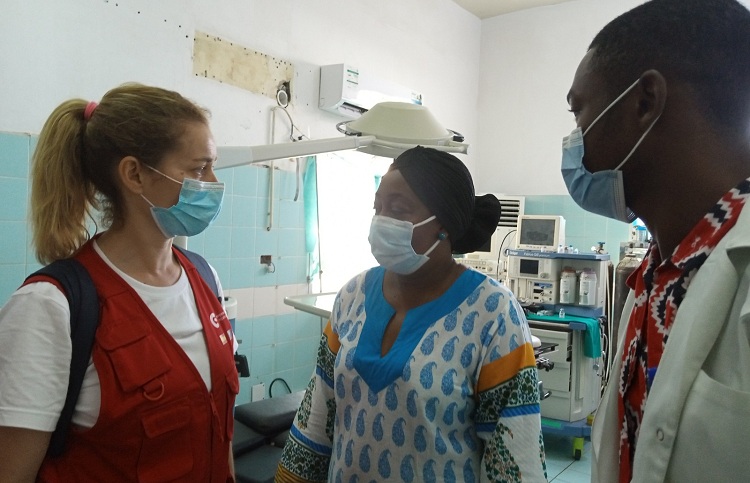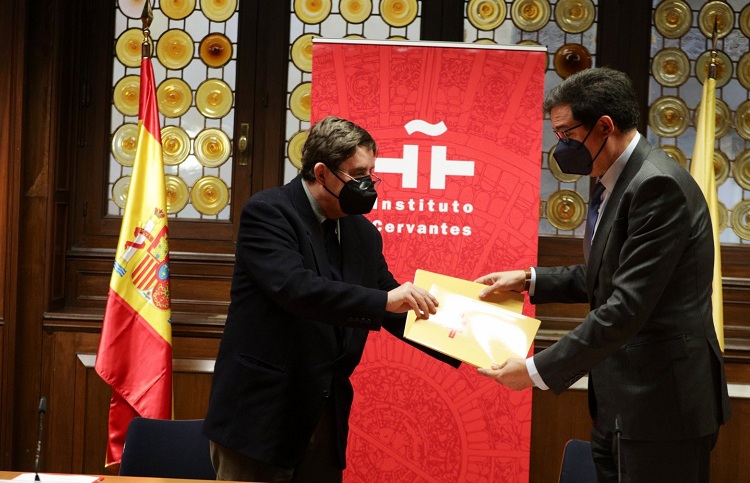The Diplomat
The Embassy of Equatorial Guinea in Spain has collected, in less than two weeks, more than 3,000 kilos of aid to assist the victims of the March 7 explosions at the Nkoantoma Barracks in Bata.
Following the tragedy in Bata, the Embassy, headed by Miguel Edjang Angue, set up a working group to request aid for the victims and, since then, “numerous donors, both individuals and companies, entities and institutions and non-profit organizations have approached the diplomatic legation in Madrid to deposit their aid and thus support the victims of such a tragic explosion, unprecedented in our country”, as reported by the Government of Malabo. “The aid received also came from various parts of Spain”, it added.
“In this way, and thanks to the great heart and solidarity of all donors, and above all of the Equatoguinean citizens who are in Spain, in less than two weeks, the Embassy has collected more than 3,000,000 kilos of aid, consisting mainly of basic necessities”, the Government continued. “In the near future, the total of the accumulated aid will be sent to Equatorial Guinea”, it added.
On the other hand, the Spanish humanitarian aid team sent last March 11 to help the victims of the explosions, formed by members of the Spanish Technical Team for Emergency Aid and Response (START, known as the “red vests”), has been integrated into the workforces of the three hospitals in Bata that are attending to the victims, according to the Spanish Agency for International Cooperation for Development (AECID).
START arrived in the Equatoguinean city on March 11 following a request for international aid from the country’s authorities, and hours after the arrival in Bata of the medical supplies and medicines sent by Spain as the first humanitarian response to the emergency. The team is made up of three surgeons, two emergency doctors and five Spanish nurses.
After an initial coordination meeting with the Vice Minister of Health and the Minister of the Interior of Equatorial Guinea, a representative of the World Health Organization (WHO) and the other humanitarian teams that arrived in the country to coordinate the response to this crisis, it was decided that START would be in charge of training the staff of the three hospitals in emergency care, as well as the distribution of the humanitarian aid material sent by France.
“The integration of our professionals has been excellent and, as a result of teamwork, there have been requests from local personnel for our health workers to provide a small amount of training in emergencies and emergencies, in subjects and techniques directly related to the catastrophe”, declared the head of the Spanish Mission in this emergency and head of Emergencies of the Humanitarian Action Office of the AECID, Roberto Arranz.






